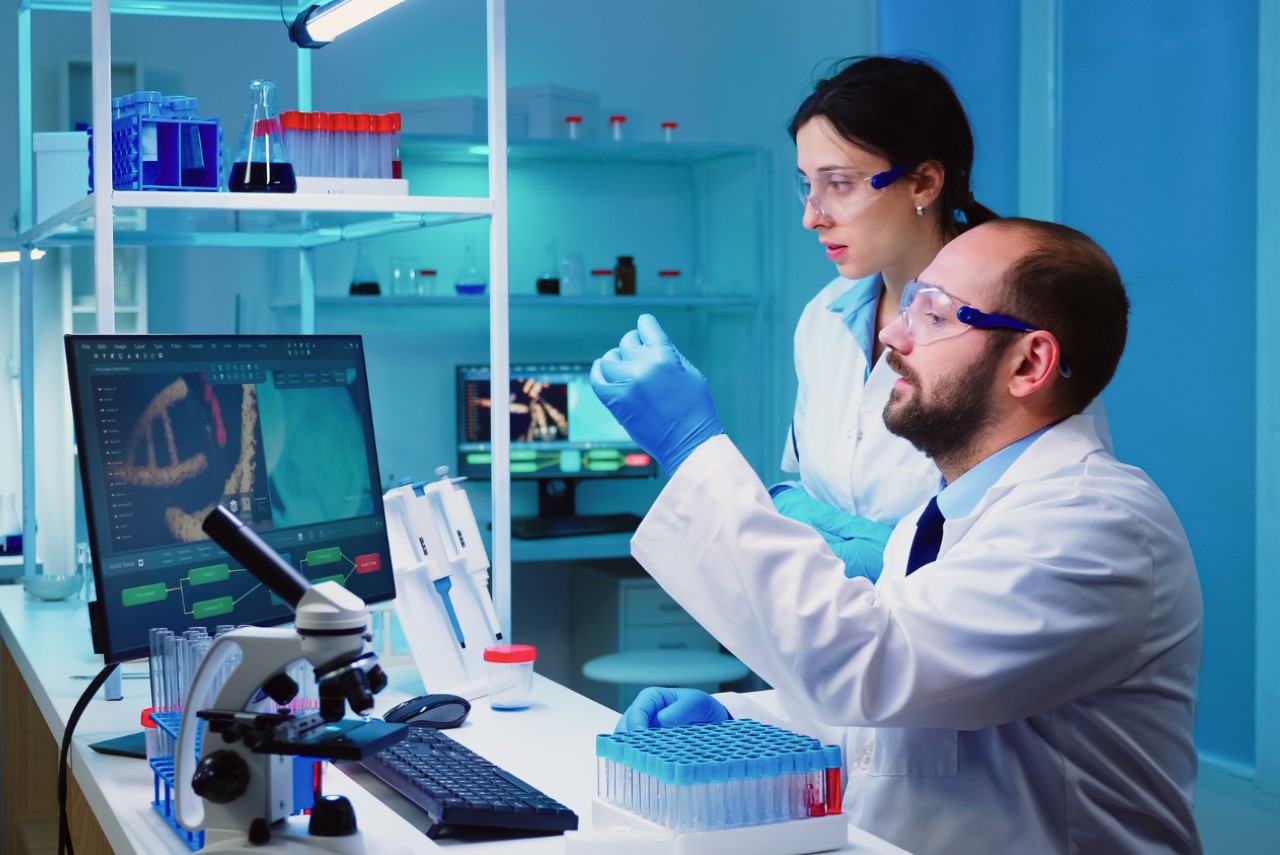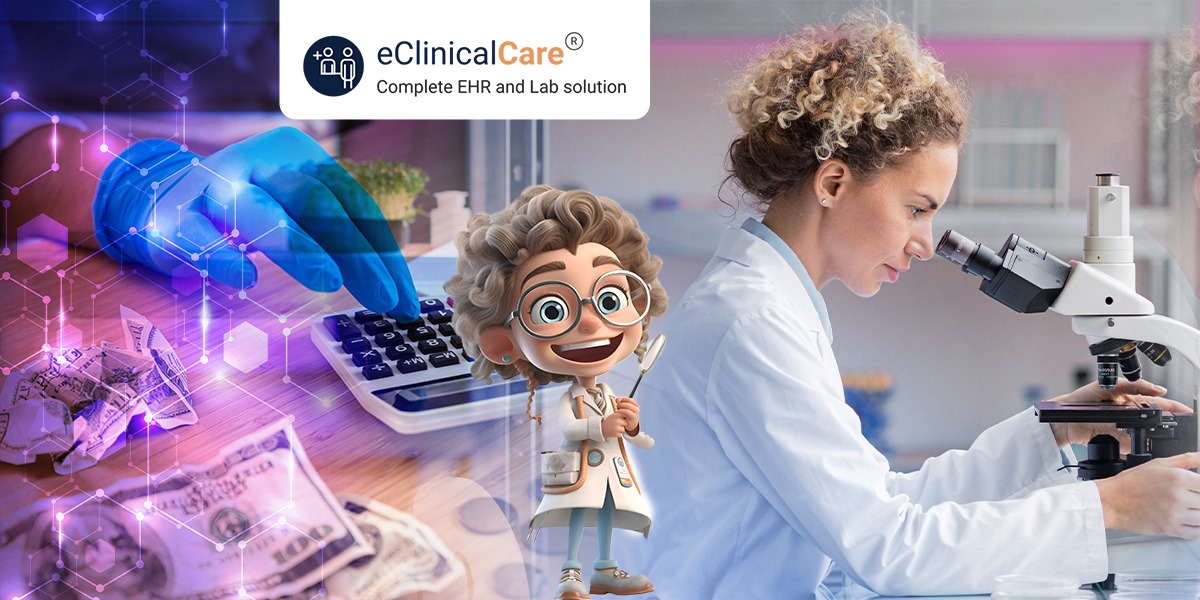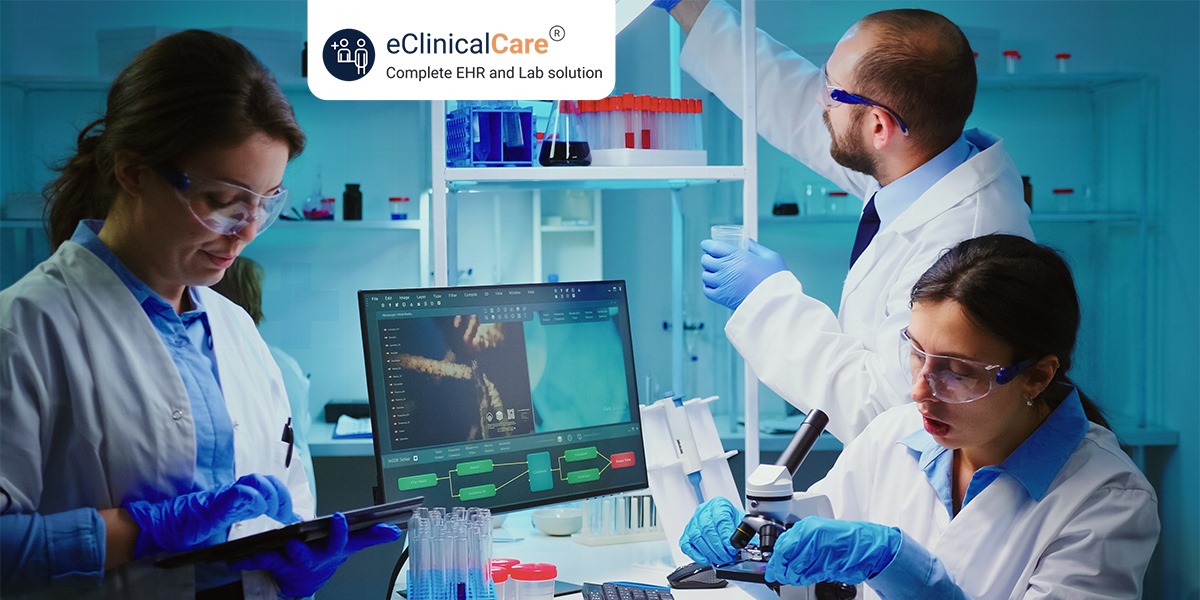What is LIMS (Lab Information Management System) and why should you invest on it?

A Laboratory Information Management System (LIMS) is a software application that helps laboratories to manage and track data, samples, workflows, and resources. A LIMS enables laboratories to efficiently manage and organize data, automate manual processes, and ensure compliance with regulatory requirements.
A LIMS typically includes modules for sample tracking, sample management, quality control, data management, and reporting. With a LIMS, laboratories can manage information related to sample collection, analysis, storage, and disposal. The system can also track instrument performance and maintenance schedules, ensuring that equipment is functioning properly and in compliance with regulatory requirements.
A LIMS can also help laboratories to streamline workflows by automating routine tasks, such as sample tracking, data entry, and report generation. This allows laboratory staff to focus on higher value activities, such as data analysis and interpretation.
In addition to improving efficiency, a LIMS can also help laboratories to ensure the accuracy and integrity of their data. With a LIMS, data can be tracked and audited, ensuring that all activities related to sample analysis and data processing are recorded and can be easily retrieved.
10 Reasons to Invest on Lab Information Management System (LIMS):
Inefficient Data Management
One of the primary signs that show you need a LIMS is if you are facing challenges in managing data. If you are spending too much time collecting, organizing, and analyzing data manually, a LIMS can help you streamline this process. A LIMS automates data entry, storage, and retrieval, making it easier to access information when needed. It also eliminates the risk of human error, ensuring that your data is accurate.
Compliance Challenges
Compliance with regulations such as FDA, EPA, and ISO is essential for laboratories. If you are facing challenges in meeting these regulations, a LIMS can help you stay compliant. A LIMS is designed to track and manage regulatory requirements, making it easier to maintain compliance.
High Volume of Samples
If you are dealing with a high volume of samples, a LIMS can help you manage them efficiently. A LIMS can automate the tracking of samples, making it easier to monitor their progress throughout the testing process. This ensures that no sample is lost or misplaced, saving time and reducing errors.
Inefficient Workflow
If you are experiencing delays in your laboratory workflows, a LIMS can help you improve efficiency. A LIMS can automate processes such as sample management, data entry, and report generation, reducing the time and effort required to complete these tasks. This enables your laboratory to process more samples in less time, leading to increased productivity.
Duplication of Work
Duplication of work is a common problem in laboratories. If you find yourself repeating the same tasks multiple times, a LIMS can help you eliminate this issue. A LIMS can automate tasks such as data entry and report generation, reducing the need for manual input. This ensures that tasks are completed once, reducing the risk of errors and saving time.
Inaccurate Results
Inaccurate results can be a major issue in laboratories. If you are experiencing inconsistencies in your test results, a LIMS can help you identify the problem. A LIMS tracks all data and processes, making it easier to identify and correct errors. This ensures that your results are accurate and reliable.
Lack of Collaboration
Collaboration is essential for laboratories. If you find that your laboratory staff is working in silos, a LIMS can help you improve collaboration. A LIMS enables multiple users to access data and share information, making it easier to work together on projects. This enhances communication and improves the quality of work.
Lack of Traceability
Traceability is essential for laboratories, especially those dealing with regulated samples. If you are facing challenges in tracking samples throughout their life cycle, a LIMS can help you achieve traceability. A LIMS tracks all data related to samples, making it easier to trace their progress throughout the testing process.
Limited Reporting Capabilities
Reporting is a critical aspect of laboratory work. If you are facing challenges in generating reports, a LIMS can help you improve reporting capabilities. A LIMS automates the generation of reports, making it easier to create, customize, and share reports. This ensures that you have access to the information you need when you need it.
Poor Customer Service
Customer service is important for laboratories that deal with external clients. If you find that your laboratory is receiving complaints about poor customer service, a LIMS can help you improve the customer experience. A LIMS provides real-time data on sample status and can generate automated alerts, keeping clients informed about the progress of their samples. This improves transparency and builds trust between your laboratory and your clients.
More Relevant Questions About Lims:
How can a LIMS help achieve traceability in laboratories?
A LIMS can help achieve traceability by tracking all data related to samples and their progress throughout the testing process, ensuring that every step is documented and traceable.
How can a LIMS improve collaboration in laboratories?
A LIMS can improve collaboration by enabling multiple users to access data and share information, making it easier for teams to work together and collaborate effectively.
How can a LIMS help manage high volumes of samples?
A LIMS can automate the tracking of samples, making it easier to monitor their progress throughout the testing process, thus helping labs manage high volumes of samples efficiently.
What challenges do some labs face in organizing their data?
Some labs try to organize their data in unwieldy spreadsheets, which require extra data entry labor and are prone to errors.
What types of labs could benefit from using a LIMS?
Labs operating in commercial and municipal water/wastewater testing, commercial environmental testing, food testing, petrochemical testing, and microbiology settings could benefit from using a LIMS.



